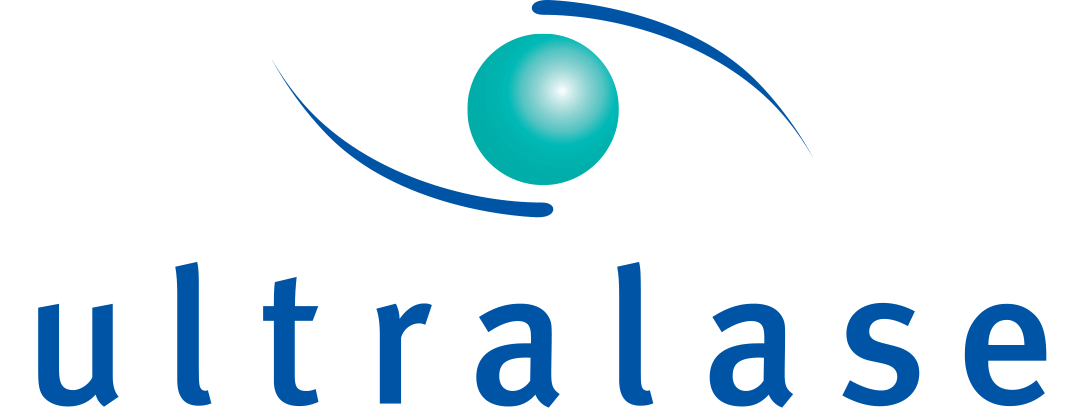Lens Surgery Aftercare
People often overlook the importance of aftercare once they have had their laser or lens surgery. It is a crucial part to your treatment journey, particularly to reduce the risk of complications and infection once you have had the treatment carried out.

Often, people overlook the significance of aftercare once they have had their laser or lens surgery, yet it is a crucial part of your treatment journey. It is particularly important in reducing the risk of complications and infection once you have had the treatment carried out.
Your Lens Surgery Aftercare Explained
After having lens surgery, you may experience some discomfort as your eyes begin to heal. Some uncomfortable symptoms may include:
- light sensitivity
- watery eyes
- whites of your eyes appear red
This is a common part of the recovery, and you will be given eye drops once you are out of surgery. You must use these drops as instructed by your surgeon to ensure healing goes smoothly. You will also be given contact numbers for your surgeon and clinic, and we will be on hand should you have any questions or concerns regarding your treatment.
We will see you for your first aftercare appointment 1-2 days after having your lens surgery procedure. Here we will conduct a thorough assessment to verify that your eyes have begun to heal properly. Once we determine all is well, you will then be on your way. It's important to give yourself time to relax for the first few days post-surgery, to aid recovery.
You are then required to attend all your aftercare appointments in the following weeks and months to keep a close eye on the healing process and make sure everything is working correctly. Below, you will see a table of our aftercare timeframe for our lens surgery procedures.
| AFTERCARE | |
|---|---|
| APPOINTMENT | Lens Surgery |
| 1st visit | 1–2 days after treatment |
| 2nd visit | 7 days after treatment |
| 3rd visit | 4 weeks after treatment |
| 4th visit | 3–6 months after treatment (discharge if satisfactory) |
How long does it take to recover from lens surgery?
The average time for recovery with our patients is 48 hours. During this healing period, some small tasks that you normally carry out might seem a little harder, so it's good to have someone on hand should you need any assistance.
How long do I have to wear sunglasses after lens surgery?
After your lens surgery, it is also important for you to protect your eyes from the light, as they may be very sensitive. Take care once you have left the clinic, and wear sunglasses following the procedure and for 2 weeks afterwards.
What can you not do after lens surgery?
Following the first weeks after your lens surgery procedure, it is important you follow the guidance below to ensure your eyes heal appropriately and reduce the risk of infection or damage.
- Avoid showers for a week - If possible, choose a bath over a shower during the first week post-surgery to avoid getting soap or water in your eyes. If a bath is not an option, take extra care to ensure no water gets in the eyes during your shower.
- Avoid dusty environments - Dust is not your friend! It's important to note that you will need to avoid dusty areas in the weeks following your lens treatment.
- No makeup for 2 weeks - Avoid wearing eye makeup two weeks after you've had your surgery.
- Avoid rubbing your eyes for two weeks - You should completely avoid rubbing your eyes for the first two weeks and minimal touching of your eyes during the 4 weeks after surgery. This is to ensure you don't disrupt the healing process.
- No smoking for a week - After having lens surgery, you'll want to avoid smoking and smoking areas for a week. This is to avoid any eye irritation or dry eyes occurring while your eyes heal.
- No sunbeds for 8 weeks - We recommend that you hold off on using tanning beds for 8 weeks post-surgery. After this time, and once it's safe to tan again, be sure to wear protective goggles to avoid damaging your eyes and new vision.
How long after lens surgery can you drive?
Our patients usually feel comfortable to drive 48 hours after having their lens surgery procedure. Once you attend your first aftercare appointment, the clinic staff will advise you on the quality of your vision in regards to driving standard levels.
Make sure you get a friend or family member to accompany you to your lens surgery treatment as you won't be able to drive yourself.
Can I watch TV after having lens surgery?
Yes, but you may experience some light-sensitivity after the surgery. If you feel any discomfort looking at the TV, take a break from the screen and let your eyes rest. Once your eyes have had more time to heal, you may proceed to extend your screen time as you see fit.
Can I use my phone after lens surgery?
Yes, but you may want to rest your eyes for the first day of your recovery. If you experience any discomfort when looking at a screen, stop immediately. Give your eyes time to heal until you feel more comfortable to look at any digital screen.
Do you still need glasses after lens surgery?
It would depend on which lens is implanted during your lens surgery procedure. If you opt for monofocal lenses, then you may need to use reading glasses still. We offer a multifocal lens that is different from monofocal in that it is designed to allow the correction of distance and near vision. At Ultralase, multifocal lenses are the most popular option to tackle the correction of presbyopia!
How much is lens surgery?
The cost for lens surgery will be determined by what lens you choose.
- The price of our monofocal lenses is £3,495 per eye.
- The price of our multifocal lenses is £3,995 per eye.
These prices are fixed so you won't be surprised with any additional fees during your lens surgery treatment. We also provide payment plans, including up to 12 months of interest-free credit. You can find out more about our Lens Surgery Costs here.
Please call us on 0800 988 6390 if you have any other questions!
PLEASE REMEMBER: It is incredibly important that you attend your aftercare meetings and an independent opticians appointment every two years, not only for the healing process but to also keep your lifetime guarantee valid.
